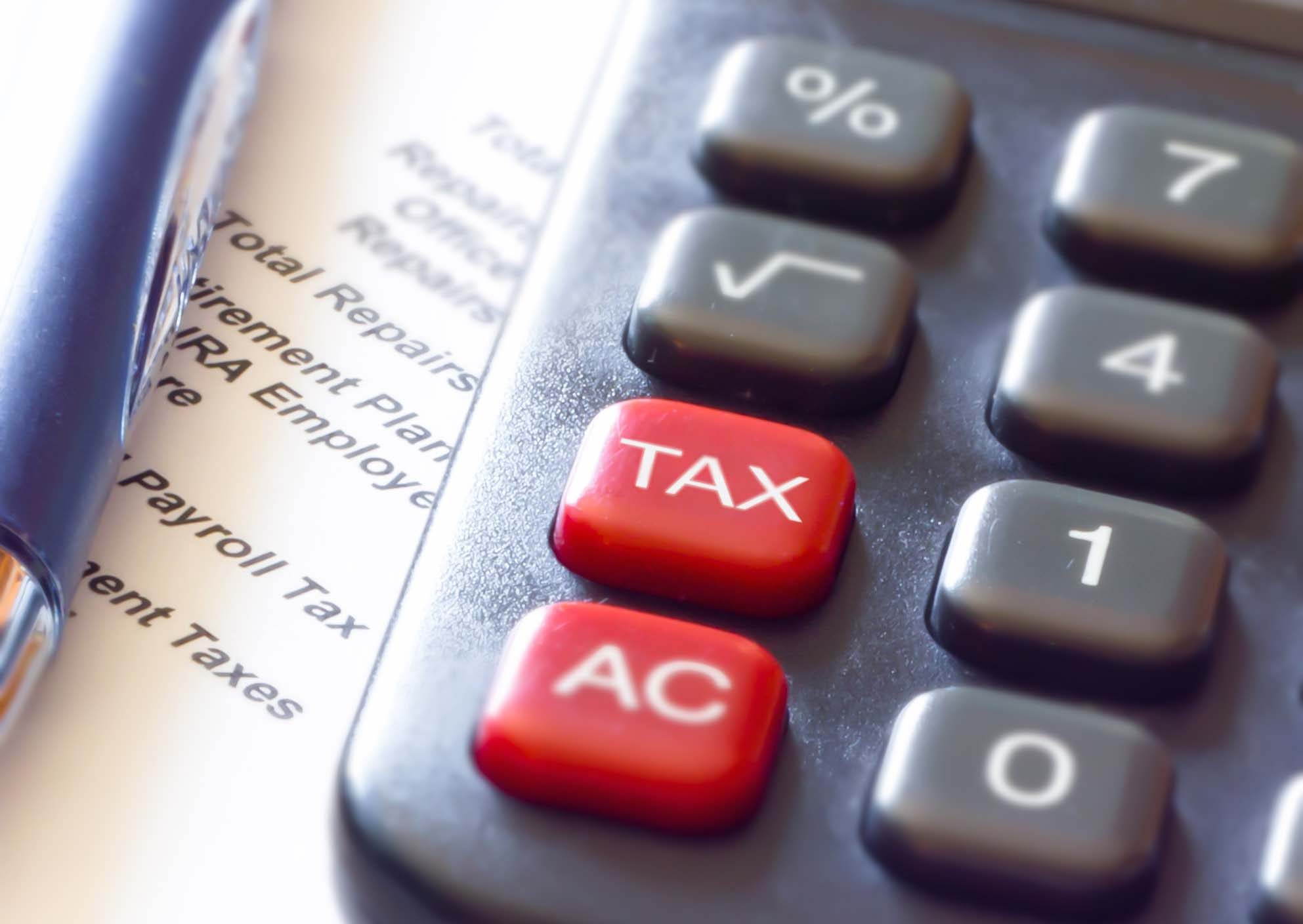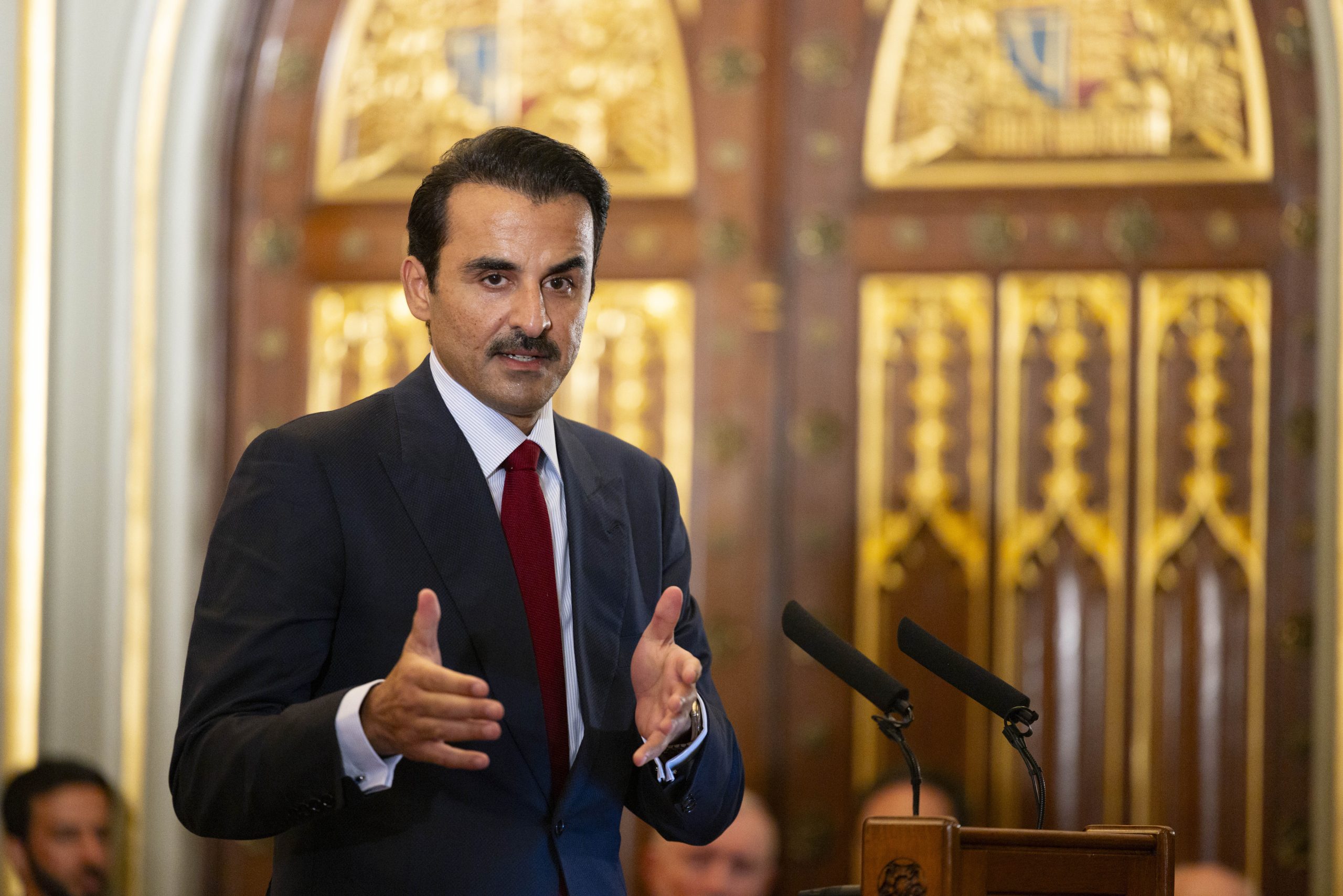
Qatar shoppers will likely find themselves reaching a little deeper into their pockets in the coming years after GCC finance ministers signed a breakthrough agreement to introduce value-added taxes (VAT) across the region, a financial expert has said.
While the GCC has been talking about implementing a VAT for years, actual progress on the idea appears to have been made in 2015.
Rather than a Gulf-wide tax however, leaders this spring signed a regional agreement that gives individual countries more flexibility, said Stuart Halstead, the leader of Deloitte Middle East’s indirect tax practice.

And earlier this month, GCC finance ministers agreed to set a new deadline for member states to individually start levying a VAT.
They also decided to exempt 94 food items, as well as education and health services, from taxation.
“There is a strong likelihood of VAT implementation in at least some of the GCC countries in the next two to three years,” Halstead said last week at a seminar in Doha.
However, in contrast to the UAE, which Halstead predicts will be among the first countries to start charging a VAT, Qatar has not publicly discussed its taxing intentions.
Other tax experts have previously predicted that Qatar would be among the last GCC states to introduce a new tax.
Halstead said this may be because Qatar has historically been comfortable with the amount of money it generates from its oil and gas resources, and may also be waiting to see how quickly other GCC countries move in rolling out their tax policies.
How much?
While government officials have not publicly discussed the size of the new tax, experts believe it will likely be between 3 and 5 percent initially.

This will cause the cost of living to suddenly rise, but Halstead said the experience of other countries suggests that the inflationary increase would be less than the size of the actual tax.
“I wouldn’t expect a 5 percent tax to equate to a 5 percent increase in prices,” he told Doha News. “On day one, you’ll see a price rise. But … I think you’ll see an element of (businesses) absorbing that cost over time.”
Though consumers bear the financial brunt of a VAT, Halstead said companies ultimately end up absorbing some of the tax by cutting into their own profits or by finding efficiencies in an effort to compete with other firms and preserve market share.
As talk of new taxes heated up this fall, some of Qatar’s business leaders voiced concerns about the effect a new tax would have on the country’s economy.

Kyle Whitehill, the former CEO of Vodafone-Qatar, told Bloomberg Businessweek this fall that many expats are drawn to Qatar because of its tax-free status, but are taken aback by the price of daily items once they arrive.
“You go to get a coffee in Dubai or Doha and you have to reach for your platinum express card,” he said. “A (value-added tax) on top of that could have a destabilizing effect.”
However, Halstead said he believes a VAT of 5 percent or less would “be acceptable to the market” and won’t cause expats to leave en masse.
“If you think about the overall tax burden you suffer here, (even with a VAT) it’s less than you’d be paying (back home).”
The need
Over the past year, persistently low oil and gas prices have put a dent in the finances of GCC countries, exposing the need for alternative – and stable – sources of government revenue.
Last month, Saleh bin Mohammed Al Nabit, who leads Qatar’s Ministry of Development Planning and Statistics, said it had become “urgent” to both reform the country’s generous subsidies as well as develop the tax system to support “the revenue side of the budget.”
Many economists prefer VATs over corporate and income taxes, which theoretically create a disincentive to invest or work.

The downside is that consumption taxes disproportionately affect low-income families, who must spend a higher share of their household budget on taxes than well-off individuals.
To address this, governments often exempt essential household purchases and food staples from a VAT, which is what the GCC appears to be doing.
Halstead said different nuances in the English and Arabic announcements that followed last week’s meeting of GCC finance ministers make the actual timeline for introducing a VAT unclear.
The Gulf News quoted Younis Al Khouri, undersecretary at the UAE’s Ministry of Finance, as saying that he expects it to take another two or three years to reach an agreement among GCC states. After that, it would take an additional 18 to 24 months to implement.
However, Halstead said he expects things to move more quickly.

He said the GCC countries appear to have agreed on virtually everything except how to tax services provided by financial firms.
The sector is a complicated one on which to levy consumption taxes, and “a bit of a battlefield” in the GCC where countries such as Qatar exempt some financial service firms from certain regulations in an effort to bolster the sector.
Nevertheless, Halstead said he believes the final agreement will be hashed out in a matter of months, after which countries will have three years to implement a VAT.
However, he said a sudden surge in oil prices could cause the initiative to lose momentum.
Thoughts?
What’s a VAT? Economist William Gale explains how value-added taxes work in this interview with The Atlantic.







